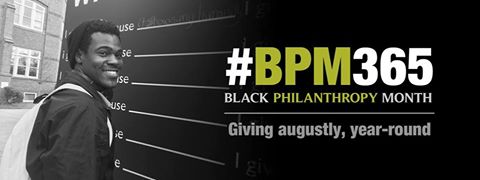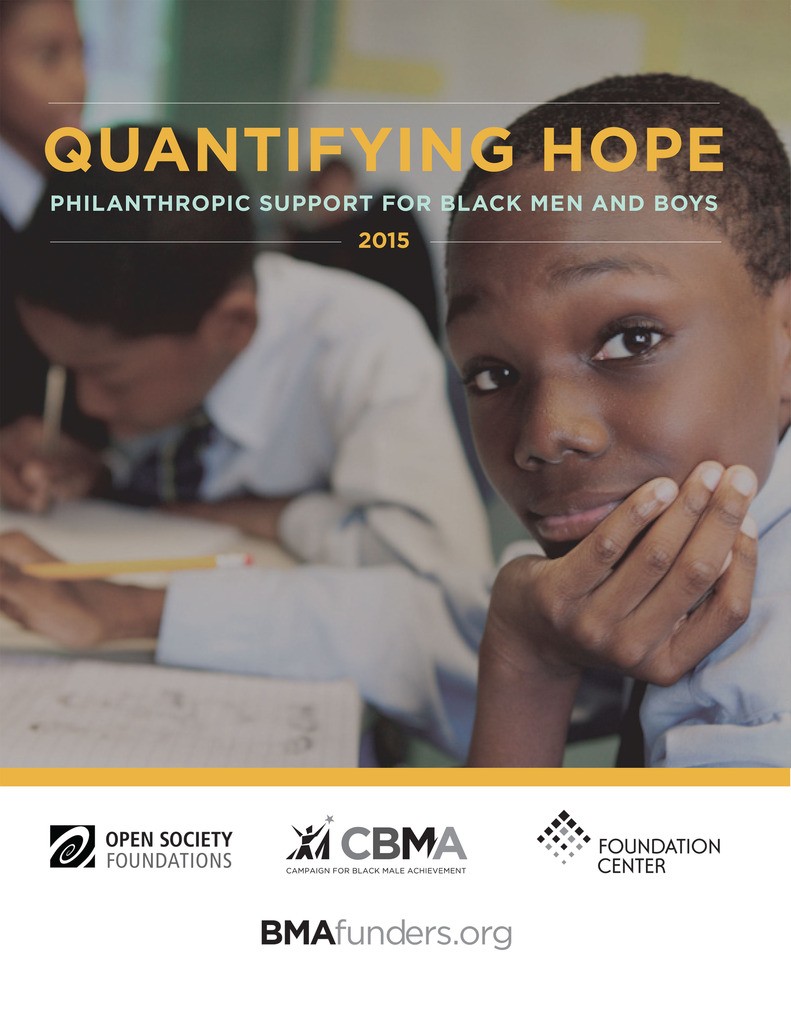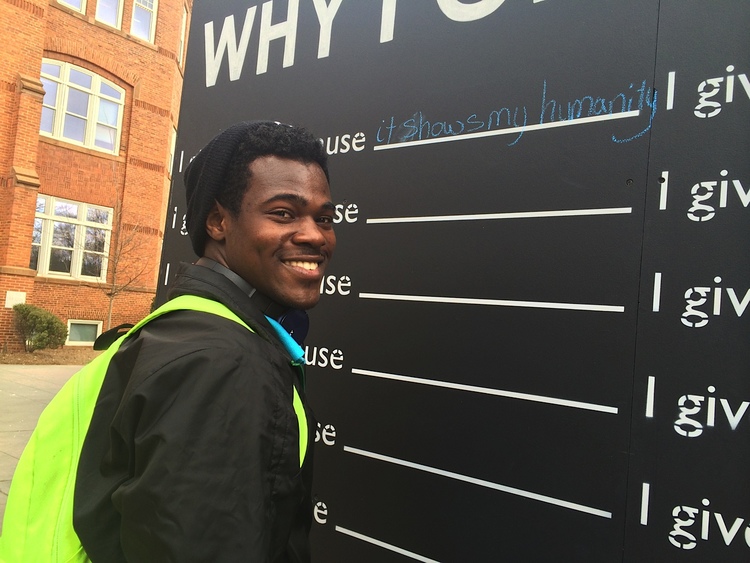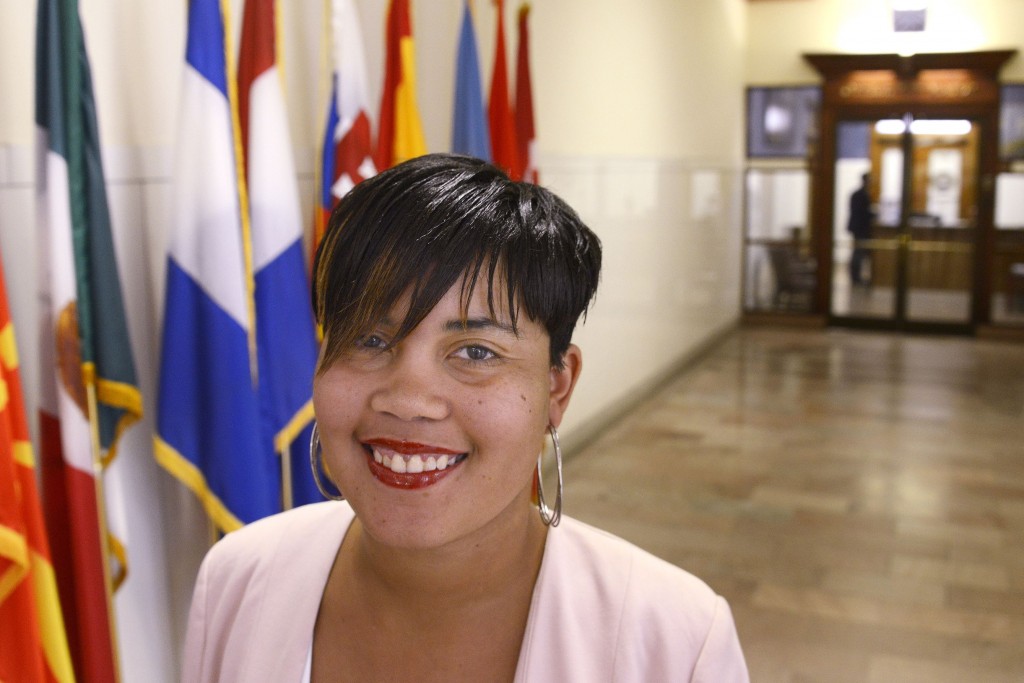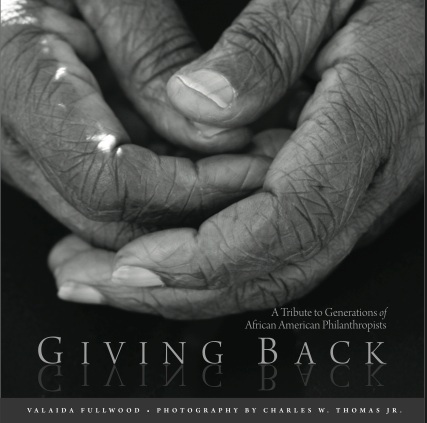Thank God Its FRIDAY!
So did anyone else know that August is Black Philanthropy Month?
August represents an important time in the global Black giving movement. Entering its fifth year of observance, Black Philanthropy Month 2015 (BPM 2015) is part of an unprecedented coordinated initiative to strengthen African-American and African-descent giving in all its forms. High-impact events, media stories, service projects and giving opportunities compose the annual campaign, which kicks off each August 1.
Founded by the Pan African Women’s Philanthropy Network and proclaimed by the United Nations and Congress in August 2011, Black Philanthropy Month was created as an annual, global celebration of African-descent giving in the United States and worldwide.
The following is a reprint from the August 11th Pittsburgh Post-Gazette on The Poise Foundation and Black Philanthropy Month.
For too long, said Valaida Fullwood, African-Americans have been identified primarily as beneficiaries of philanthropy instead of recognized as donors who have provided money, time and talents to ignite change in communities and individual lives.
“We’re also on the supply side of philanthropy,” said the award-winning writer and consultant who believes August’s designation as Black Philanthropy Month can help raise the profile of charitable giving among African-Americans and boost collaboration on philanthropic initiatives among all racial groups.
According to a 2012 study by the W.K. Kellogg Foundation and Rockefeller Philanthropy Advisors, black donors contribute 25 percent more of their income than white donors do. Almost two-thirds of black households make donations that total about $11 billion a year, the study said.
Despite those numbers, giving among African-Americans — other than charitable causes supported by high-profile athletes and entertainers — has gone largely unnoticed, say those connected to black foundations and nonprofits.
“People in the African-American community know generosity, but they don’t link it to philanthropy,” said Ms. Fullwood, who is based in Charlotte, N.C., and who last year was a distinguished visiting lecturer at Indiana University’s Lilly Family School of Philanthropy. “To them, philanthropy means the high-net worth individuals.”
She will be among the featured guests Thursday on a Twitter chat sponsored by Downtown-based Poise Foundation as part of Black Philanthropy Month events nationwide. The monthlong designation was launched in 2011 by the Pan-African Women’s Philanthropy Network; this year marks the first time Poise is sponsoring an event.
“When you hear about philanthropy or philanthropists, you don’t hear the stories of the African-American community, and we have a rich history of giving,” said Karris Jackson, vice president of programs for the foundation, which last year reported $6.3 million in net assets and distributed $1.5 million in grants for scholarships, economic development and cultural programs for the black community.
“We want to lift up and get that message of philanthropy out there.”
Everyday philanthropists
Part of the goal of Black Philanthropy Month, said Ms. Jackson, is to “start to change the narrative around who our philanthropists are: everyday people.”
To that end, Poise’s Twitter chat, titled “Because I Give,” will also include people who have raised modest funds or whose business and volunteer buy viagra in australia activities support black causes.
Among them is Sharnay Hearn, 26, community affairs liaison for the city of Pittsburgh’s Office of Community Affairs.
As a delegate to the One Young World summit held in Pittsburgh in 2012, Ms. Hearn of Garfield connected with other young community ambassadors and came away thinking more African-Americans should be represented in global affairs.
She used her 25th birthday to launch the World Changers Fund and to date has raised $1,500 from family and friends to help young African-Americans travel and study internationally. The fund is a partnership with the Poise Foundation.
“It’s my passion to get urban youth, particularly African-Americans, to see the world,” said Ms. Hearn, who studied at the University of Buea, Cameroon, while she was an undergraduate at Slippery Rock University.
Akira Barclay, a Chicago-based philanthropy consultant and researcher, said she has focused her studies on “black, middle-class people engaged in their communities every day” to help dispel the notion that black philanthropy is exclusive to celebrities.
“We already had the image of Oprah, Bill Cosby and Denzel Washington,” said Ms. Barclay, who studied black giving circles and community philanthropy as a fellow at the Center on Philanthropy and Civil Society at the City University of New York.
“The work that everyday philanthropists — the black, middle-class people engaged in their communities every day — flies under the radar because of the millions of dollars in the headlines.”
Giving circles
Much of black philanthropy, said Ms. Barclay, can be traced to neighborhood giving circles where donors “join with like-minded people from their community and pool their funds and figure out where to donate that money where it can make the most good.”
Ms. Fullwood linked a lack of awareness among African-Americans about how significant and impactful their personal contributions can be to a historical lack of access to foundations and community funds such as United Way.
“For centuries, we had to create our own institutions of giving for civil rights and for black universities,” she said. “Now we have access to many institutions and tools that some weren’t aware of or weren’t in our scope because our parents didn’t have a fund at a community foundation or they didn’t follow mainstream philanthropy.”
Her 2011 book, “Giving Back: A Tribute to Generations of African-American Philanthropists,” was inspired in part by her participation in a North Carolina giving circle “where so often I heard from fellow members about the importance of lifting up stories that were untold. The images around philanthropy show African-Americans only as beneficiaries on the recipient side.”
The primary inspiration for the book, however, was Ms. Fullwood’s 94-year-old aunt who in her 70s founded a soup kitchen in Asheboro, N.C., to supply meals to a public housing community.
The book includes vignettes, tributes and 200-plus photographs of people who were involved in charitable works and giving. The book served as the basis of a touring exhibit, “The Soul of Philanthropy: Reframed and Exhibited,” now on display in Denver.

